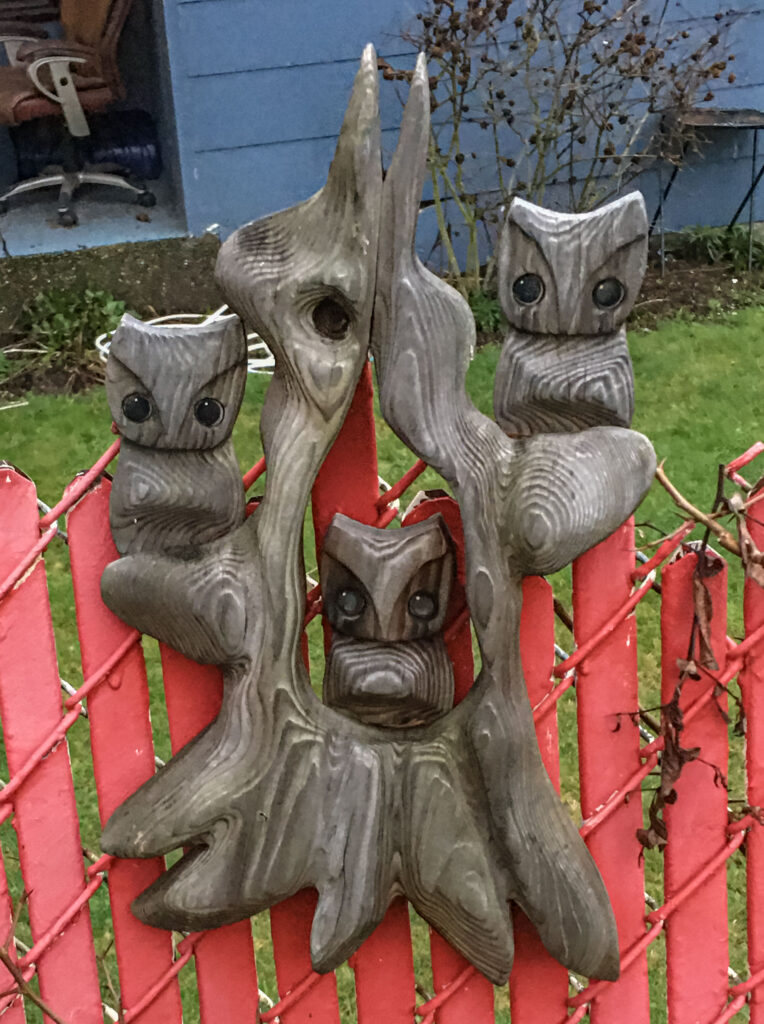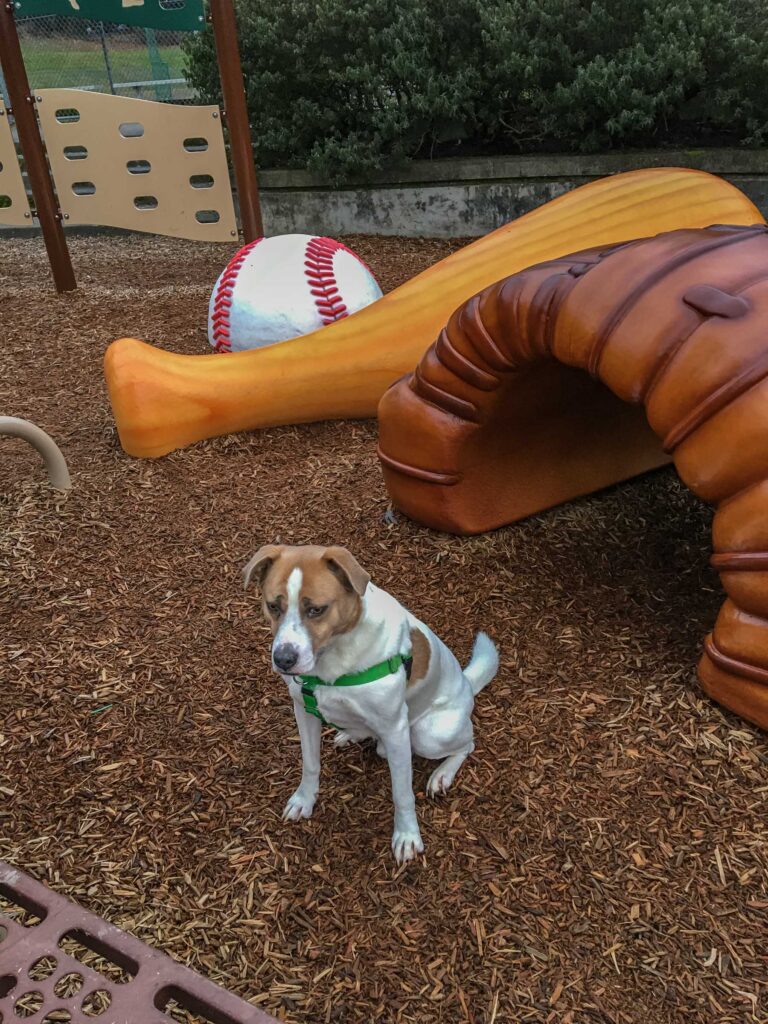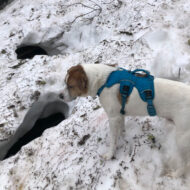I’ve spent weeks mulling over the idea of how labels identify us, categorize us, divide us, and in many cases, harm us. I don’t have any answers, just lots of questions. How can we turn harmful labels into helpful ones?
Democrats, Republicans. Independents. Rich. Poor. Middle class. Healthy. Sick. Victim. Patient. Selfish. Generous. Stingy. Ugly. Beautiful. Homeless. Jobless. Disabled. Ace. Gay. Pro-life. Pro-choice. Pro-guns.
We label everything. If it’s not “Me”, it’s apparently “Not-Me.” The Other. At times I wish “Comedian” fit me so I could turn a complicated, divisive subject into a humorous one.

We Are Not Our Labels
Quick, think of the term “pink elephant” without picturing one. Impossible, right? Likewise, banana. Of course, your brain conjures up the item. What happens with the other labels, or professions? “Doctor,” “Nurse,” “Police,” and “Fireman” could bring to mind people in jobs we typically see as helpful. But even those labels carry negative connotations, for some, in certain areas of the country. The word “Teacher” may remind you of someone who positively impacted you. But what if the teacher you thought of scolded you? Punished you? Failed you? Or worse?
What do you picture when you hear “Homeless?” A beggar in rags? A starving young child in the back of a car? Or a struggling family losing everything to medical bankruptcy? “Disability” might make you think of someone with a visible physical limitation. Perhaps someone in a wheelchair or on crutches, rather than someone with an invisible hearing aid. “Heart attack?” Maybe a heavyset, sedentary older adult rather than a younger athlete. If there’s a point here, it’s that we are not our labels.

Do Harmful Labels Matter?
We’ve been socially trained to use labels as a way to categorize our multi-billion-member society and understand our place within it. Labels pigeonhole people and limit how others see them. People are not just their age, their biological sex, their skin color, their profession. They are not their ability or their religion.
Having so many “us/them” labels causes heightened anxiety not just for those being labeled, but also for those wanting to understand labels. My teen is still trying to help me figure out how the pronouns and letters work within the gender identity and LGBTQIA2s+ communities. But I’m starting to think, are we going too far? Are all these labels helpful? or harmful? Is there another way? What’s too much?

Focus on the Individual
A wise writer friend of mine shares the idea of forgetting labels entirely and seeing the UNIQUE INDIVIDUAL who may be suffering, angry, or happy. How can we get to know single people on their own merits without labels? Must we always take sides? What happens if we overlook or ignore the labels?
In a conversation with my critique partners this week, nearly everyone shared stories about their own harmful labels. I’m reminded of the children’s saying, “Sticks and stones may break my bones, but words will never hurt me.” Hogwash. Sometimes words – labels – hurt far worse than physical objects.
I was recently handed labels that I refused to accept. Still, it’s caused plenty of anxiety. How can we stay true to ourselves in the face of dissension and strong opinion, especially when we dislike conflict? Do we accept those labels and knit them into our being, or can we deflect them?

Refuse Harmful Labels
What would happen if we refuse those harmful labels? Better yet, what if we created our own story with helpful labels? Eleanor Roosevelt’s wise words hang in my gym: “No one can make you feel inferior without your consent.”
Instead of building a wall to shield ourselves from others, what if we surround ourselves with people who see us as unique, valuable individuals, who support our opinions and beliefs regardless of the labels we’ve been given?

If we’ve been labeled “highly anxious,” “quitter,” or “liar,” for example, can we cultivate in ourselves the “opposite” of those labels? Can we mimic the courage of a firefighter, the persistence of someone learning to walk again after a stroke, or the resilience of the cheerful street performer living in a park? Ah, now those labels — positive words, values anyone can have — help.
We must stand up for what we believe in: our values and principles. Even if it makes us unpopular, and even if it’s hard. If we continue to do what we believe is right, we can live our most authentic lives and treat others the way we want to be treated, as individuals. Labels can simply fall by the wayside.


Thank you for this latest post and an invitation to reflect on concepts that have such a powerful impact on everyday life, whether we are “victims” of labeling or whether we are “judges” of others through our own labeling habits… I believe that we constantly are both. The mighty effectiveness of labels comes, I feel, from the combination of their simplicity, familiarity, and “accuracy”; no intellectual effort required! Answers readily available. Labels rarely go beyond 2 or 3 very common words stating ONE characteristic of “the other”… out of millions of characteristics that, together, form only an approximation of who the other really is. When we stop and think about it (as the blog nudges us to), we obviously understand that, as you state, “we are not our labels”. If I say “I am a US citizen” that sentence may conjure different images and “takes” (positive or negative) in different readers, no doubt. My label is simple, familiar, and totally accurate; yet, without going into all the other fascinating things about “me”, that statement itself is grossly over-simplified, even when solely discussing citizenship: I BECAME a US citizen… and I hold DUAL citizenship. How would readers now revise the original image they conjured based on that additional information (moving the needle along the positive/negative continuum). A good portion of our brain’s machinery is based on patterns recognition; we derive/infer the “whole” from partial bits of information (Loud crashing noise in the underbrush and thick brown patches of fur glimpsed behind that tree? Let’s exercise caution!) … and labels are high octane fuel for that machinery. The particularity of the language: I AM handicapped, she IS homeless, they ARE immigrants, etc. does not help; AM/IS/ARE sure sound like a full definition of the subject, not the mere statement of one of their characteristics. Words have great power (greater than sticks and stones indeed) and I wish we had a simple/efficient way to formulate these differently; “she lost her job following blanket layoffs, could not pay her rent, and is now living in her car” loses every day to “she is homeless”… For those of us who care, it is torture to realize that we do carry the labeling virus (!)… and we feel guilty about it. To close, I would link this post to the KISAGE one. Can we forego aiming for perfection (no labeling)? Can we avoid labeling ourselves “bad labeler” because we do (often/sometimes/occasionally) resort to labels? Can we acknowledge that a good part of labeling is “in the wiring” of the brain (it will happen)? Can we just decide to (once a day, once a week, …) learn three new things about someone we “judged” through labeling, slowly building our “seek more information” muscles? If we realize that we did hurt someone by labeling them, can we make amends? Thanks again for the post, it helped me put these questions to myself!
Bravo, Gerard.
First, thanks for sharing the “citizenship” label and how simply adding a few more words to it can completely change a person’s picture. Just like learning more about WHY someone is homeless, or HOW someone lost the ability to see, hear, or walk, or WHAT the actual health issue was that someone experienced — going that extra few feet to, again, understand the INDIVIDUAL’S UNIQUE SITUATION. To listen, and really hear.
I also love the way you pulled in the concept of “Keep It Simple and Good Enough” (KISAGE — that word is really starting to grow on me!) which is brilliant — striving for improvement but not expecting perfection. My desire is to first 1. NOTICE AND NAME whenever I’m using a label (yes, we all do it) and 2. Pause for a moment to think about whether it helps or harms, then 3. If it harms, see if I can look for the opposite or something that would be helpful. If it HELPS, to celebrate that thing. And finally, in cases where we HAVE been hurt (such as I experienced recently) to be able to identify what hurt, recognize that the other person was quite possibly “doing what they thought was right in the moment” and then stand up for ourselves for what could be one notch better on the continuum (possibly a subject for next week’s blog!)
You nailed it on the head, once again, and I deeply appreciate your comments and insights. One of the great joys of writing a blog, and what keeps me going week after week, even as the topics get harder to mull over, is the rich conversations that open up beyond. Thank you!
This is a great article. Easy to be on the side of the person who supports your idea and work with them. Hard to work with people who do not support your idea and refuse to work with you. One of the problems is the political parties is divided and won’t work with the other party to make the country a better place for everyone. This needs to change. As the political party losing needs to work with the others. This is leadership and acceptance of sometimes you need to listen and change your opinions. People need to stop “hating” each other. “Hating people you do not agree with” is normalized. I could go on and on…. Let’s just try to really listen hard to people with different views and don’t hate them but understand them. This is very challenging…but not impossible.
Absolutely. So much needs to change. And talking about differing opinions is one way to start change. We are all just individuals, but we live in a society where we all need to get along. Where does it start? By respecting not only ourselves, but the other. By listening. By trying to walk in someone else’s shoes. By imagining what the particular homeless person is feeling. The otherly abled. Remembering there is an INDIVIDUAL in front of us, not a label. A person with dreams, hopes, fears. VERY challenging indeed. But as my astute friend pointed out, if we can get PAST the labels, PAST the government divide, PAST the schisms perhaps we can begin to heal. It’s a loaded topic, I’m well aware. But as I’ve learned the past six weeks, instead of burying such deep topics it helps me heal if I get them out and look more closely at them. May it help us all be better people, better individuals. Thanks for commenting!